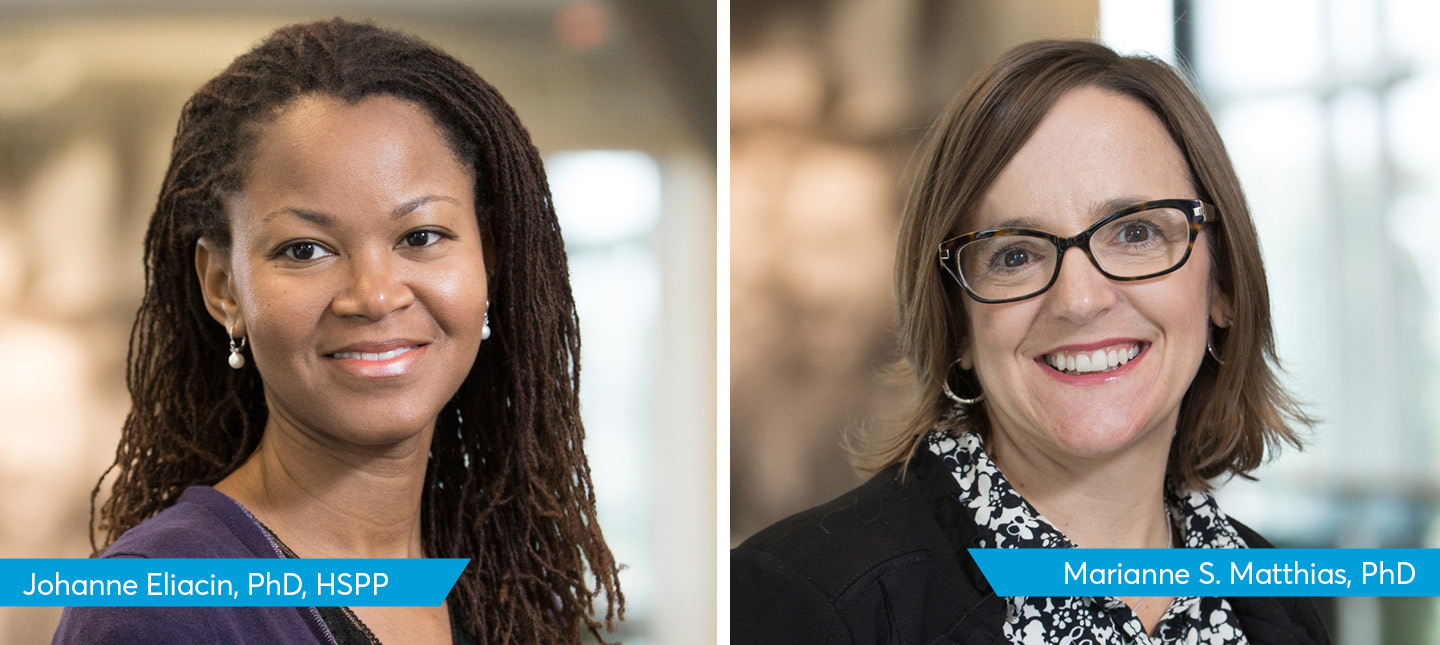Regenstrief Research Scientist and Indiana University School of Medicine Associate Professor Paul Biondich, M.D., M.S., was elected as a 2021 fellow of the International Academy of Health Sciences Informatics (IAHSI). The Academy is a group of health science informatics leaders whose contributions are recognized internationally.
IAHSI is part of the International Medical Informatics Association (IMIA), which is the world body for health and biomedical informatics. It brings multiple organizations together to work toward improving the health of the world population.
Dr. Biondich is the director of the Global Health Informatics program at Regenstrief Institute. His research efforts are focused on informatics interventions in resource-constrained environments and decision support systems, and he is very active in international health information architecture development efforts.
He was the co-founder of OpenMRS, an international open-source medical record system used around the world. He continues to play an active role in that organization, as well as OpenHIE, which is a global community working to help resource-constrained environments better leverage their healthcare data.
Regenstrief President and Chief Executive Officer Peter Embí, M.D., M.S.; Regenstrief Vice President for Research Development Eneida Mendonca, M.D., PhD; and Chief Information Officer Umberto Tachinardi, M.D., MSc, were all elected to the 2020 IAHSI class.
About Paul Biondich, M.D., M.S.
In addition to his role at Regenstrief, Dr. Biondich is also an associate professor of pediatrics at Indiana University School of Medicine.
About Regenstrief Institute
Founded in 1969 in Indianapolis, the Regenstrief Institute is a local, national and global leader dedicated to a world where better information empowers people to end disease and realize true health. A key research partner to Indiana University, Regenstrief and its research scientists are responsible for a growing number of major healthcare innovations and studies. Examples range from the development of global health information technology standards that enable the use and interoperability of electronic health records to improving patient-physician communications, to creating models of care that inform practice and improve the lives of patients around the globe.
Sam Regenstrief, a nationally successful entrepreneur from Connersville, Indiana, founded the institute with the goal of making healthcare more efficient and accessible for everyone. His vision continues to guide the institute’s research mission.
About IU School of Medicine
IU School of Medicine is the largest medical school in the U.S. and is annually ranked among the top medical schools in the nation by U.S. News & World Report. The school offers high-quality medical education, access to leading medical research and rich campus life in nine Indiana cities, including rural and urban locations consistently recognized for livability.









